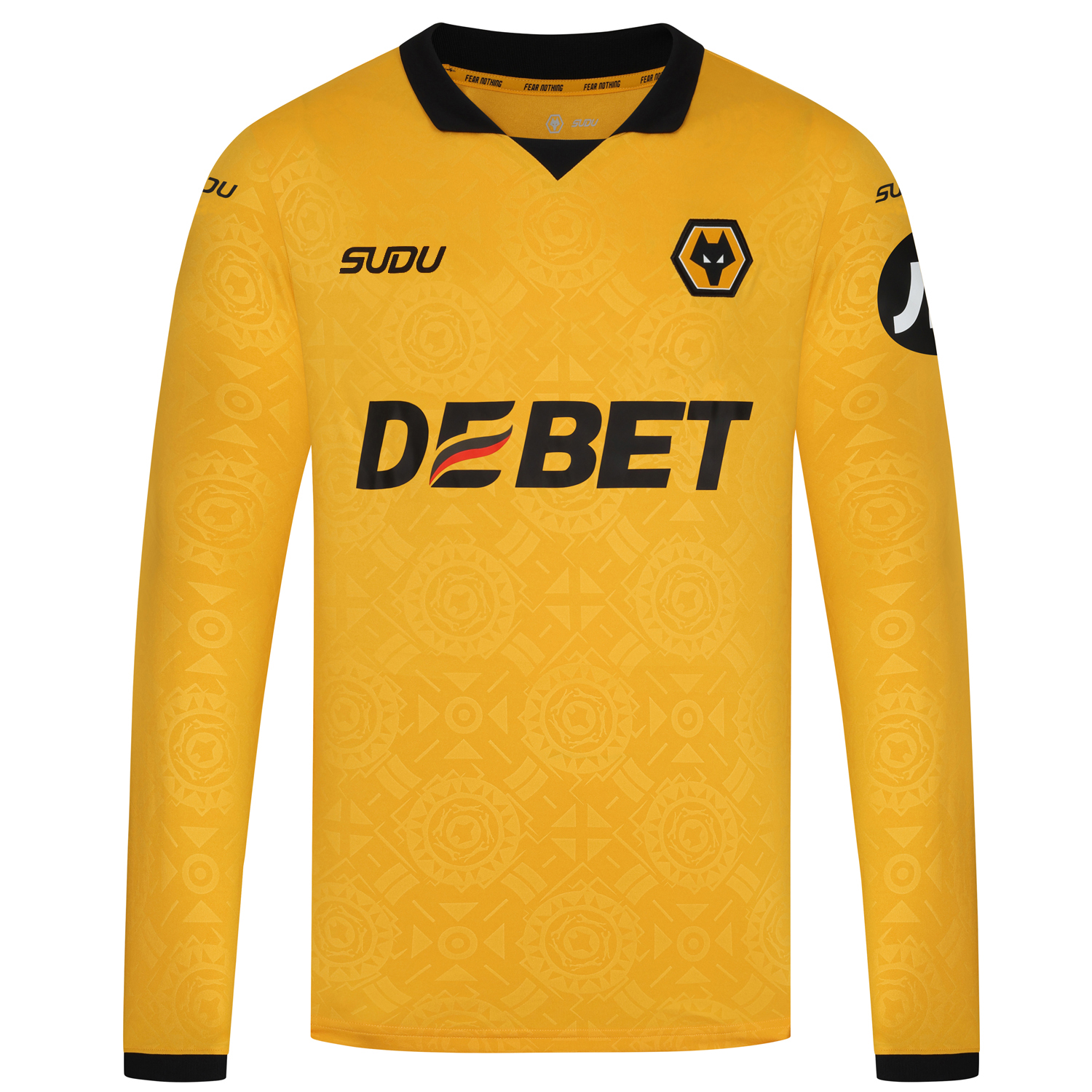Anti-slavery and human trafficking statement
Wolverhampton Wanderers Football Club (1986) Limited (the “Club”) recognise that modern slavery is a growing problem worldwide. As a responsible Premier League football club, we are committed to taking all necessary actions to ensure that there are no acts of modern slavery in our business and supply chains.
This statement sets out the actions and activities that have been taken by the Club and the proposed actions and activities for the financial year up to and including 31 May 2021 to ensure that we strive to prevent slavery and human trafficking in our business and supply chain.
About us
We are a Premier League football club based in the West Midlands. We have a broad range of commercial partners, sponsors and suppliers, which operate in territories around the world. The Club also has a charitable arm, the Wolves Foundation, which aims to use the power of football to do good in the local community and beyond.
What is modern slavery?
Modern slavery is a crime and a violation of fundamental human rights. Modern slavery can take many forms, including forced labour, slavery, servitude and human trafficking. This crime can manifest itself in many ways, but what each of its forms will have in common is the exploitation of a person for another person’s (or organisation’s) benefit.
The Modern Slavery Act 2015 (the “MSA”) consolidated anti-slavery and human trafficking offences into one piece of legislation and under the MSA it is an offence to:
- hold another person in slavery or servitude or require another person to perform forced or compulsory labour;
- arrange or facilitate the travel of any person across borders with a view to that person being exploited (i.e. conduct or be involved in human trafficking); or
- commit an offence with the intention to commit human trafficking.
Our policies to prevent modern slavery and human trafficking
We are committed to ensuring that there is no modern slavery or human trafficking in our supply chains or in any part of our business and we have robust commercial agreements, employment contracts and recruitment procedures in place and which are updated regularly.
We are committed to acting ethically and with integrity in all our business relationships and to implementing and enforcing effective systems and controls to ensure slavery and human trafficking is not taking place anywhere in our supply chains.
Risk Assessment and Due Diligence
The Club has in place a risk assessment which identifies the areas most at risk from slavery and human trafficking. We recognise that there may be markets in which our suppliers operate which are more vulnerable to adverse practices than others and we take seriously the need for greater scrutiny regarding such suppliers. The Club reviews its risk assessment periodically in order to identify any new or changing risks and ensure that safeguards are being put in place lower down the chain to minimise the risk of exploitation and trafficking.
Additional due diligence may also be undertaken by way of a physical audit or inspection of the supplier, if the Club deems it necessary to ensure that the supplier is operating to the required standard. We proactively stipulate in all our supplier agreements that these audits or inspections may take place if the Club deems it appropriate and our suppliers must agree to these terms before we enter into a formal relationship with them.
Our anti-slavery policies and procedures
Third parties in our supply chain include manufacturers of our licensed products and suppliers of merchandise, office equipment, software, food and beverages and maintenance and other services including catering.
Our standard terms of business require our suppliers, contractors, licensees and other business partners to comply with all applicable laws relating to anti-slavery and human trafficking; include similar requirements in their own contracts; and implement due diligence procedures in relation to their own suppliers to ensure there is no slavery or human trafficking in their own supply chains.
Where not contracting on our standard terms of business we endeavour to incorporate these terms in relevant contracts.
We also have a whistleblowing policy in place to allow employees to help us tackle corruption and crime, including modern slavery. Employees, and anybody connected with us, are encouraged to speak up if they have concerns about slavery in our business or within our supply chain.
A new internal procurement policy has also been implemented to ensure that the selection of new suppliers is conducted objectively against pre-agreed parameters in a further attempt to prevent slavery and human trafficking in our business and supply chain.
Training and Awareness
In order to ensure that our key staff understand and are aware of the risks of modern slavery and human trafficking we will provide training to representatives from our Board of Directors, senior management team, HR team and finance team.
Assessment of effectiveness
We continue to regularly review and refine our policies and procedures in relation to modern slavery and human trafficking and will include updates on any actions we take in future statements.
During the coming financial year we intend to continue focusing on contractual developments and due diligence in relation to our business and supply chain. We are also looking to adopt an “Ethical Trading Policy” which will set out the Club’s commitment to acting ethically and with integrity in all our business relationships and to implementing and enforcing effective systems and controls to ensure slavery and human trafficking is not taking place anywhere in our supply chains.
This statement is made pursuant to Section 54 of the Modern Slavery Act 2015 and constitutes our slavery and human trafficking statement for the financial year ending 31 May 2021.
Signed on the Board’s behalf for and on behalf of Wolverhampton Wanderers Football Club (1986) Limited.
Jeff Shi
Executive Chairman
December 2020









